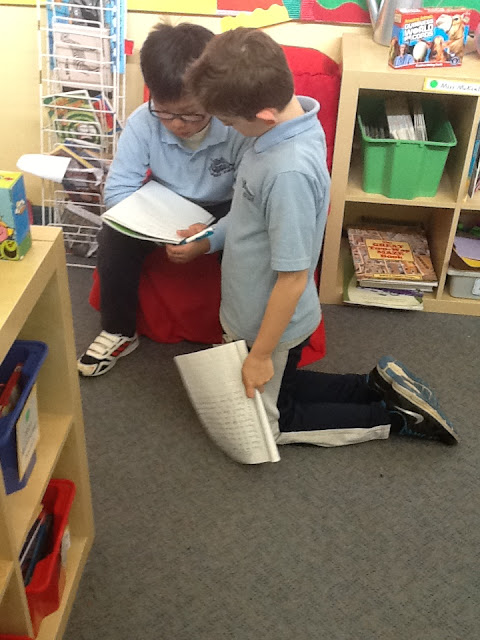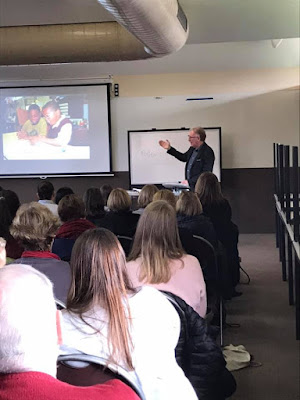The Essential Spark of Curiosity
If we want our students to exhibit curiosity and wonder then like all things related to learning, we need to model those very same behaviours ourselves. If students appear desensitized to their immediate surroundings and seemingly locked in a drone like state that screen overdose brings, then we are charged with added responsibility to re-programme that essential sense of wonder. This can present an immense challenge- but it's not impossible. It is a waste of much needed energy blaming the state of things. This amounts to kid blaming. Negativity breeds more of the same. We can’t complain about disconnected readers and writers if we are not leading the way with our actions. Every day, in every classroom there are moments worthy of celebration and delight. We just need to be looking for them. Teaching is a performance art as much as anything else and performing with a sense of wonder and amazement becomes part of the deal. Each time we celebrate our wonder and ...




